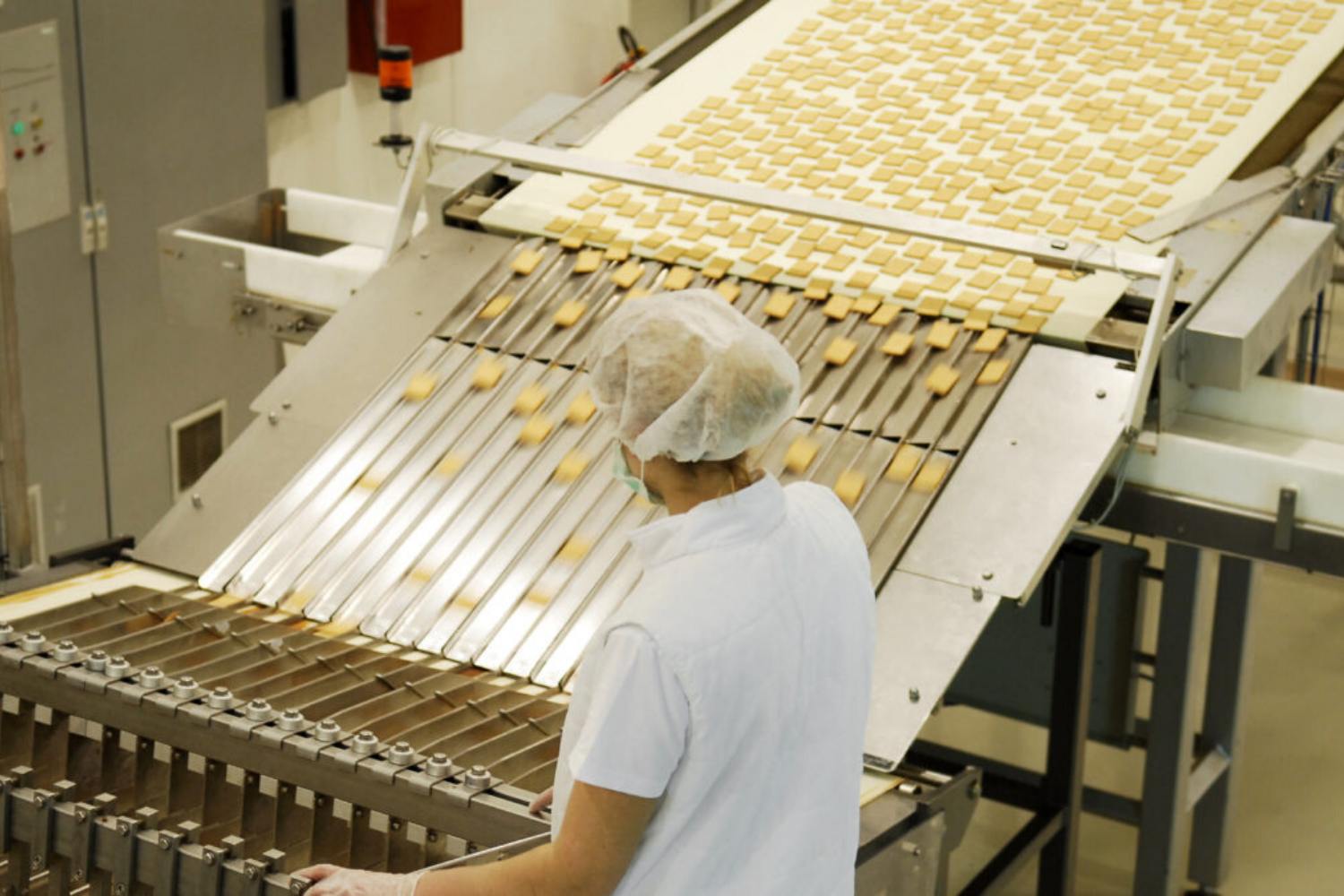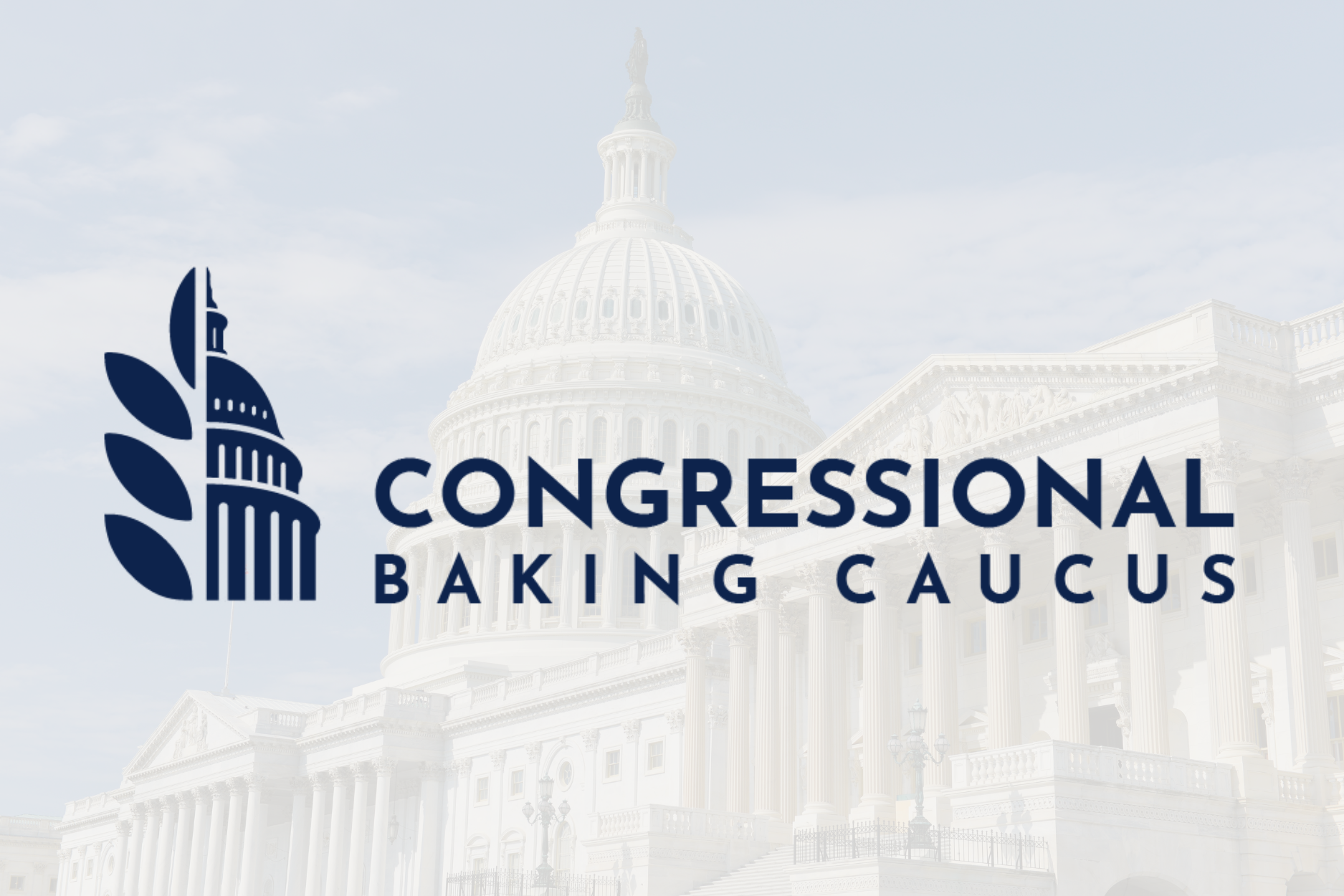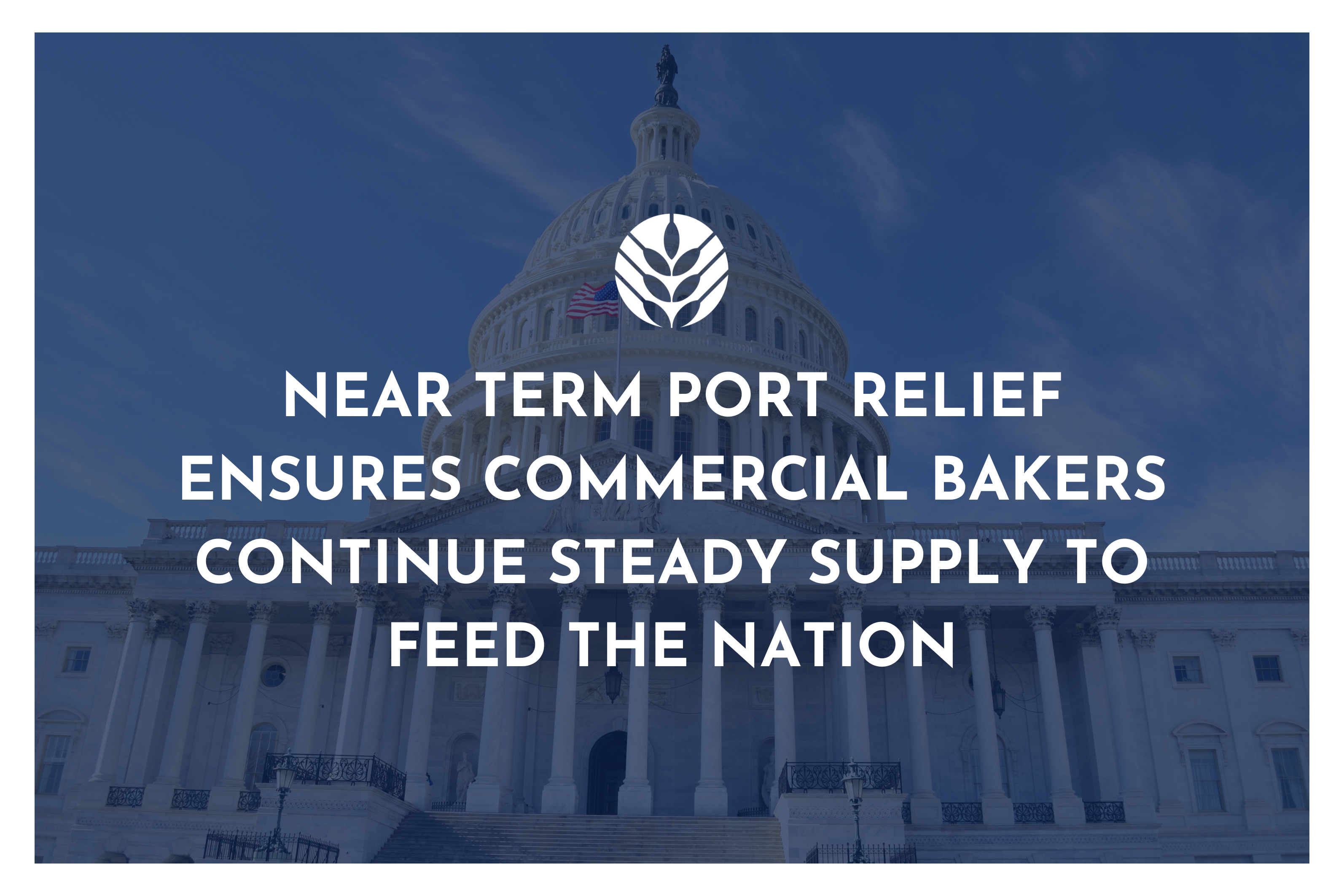The coronavirus pandemic caught the world off guard, but bakers were ready on the food safety front.
That’s because they have spent years pursuing best-of-class food safety and manufacturing strategies that align with regulatory guidance, according to Rasma Zvaners, American Bakers Association’s Vice President, Regulatory and Technical Services.
In an ABA podcast, Zvaners explained how bakers are leveraging their expertise during this emergency period and making adjustments as needed that will help inform future scenarios.
She was interviewed by ABA’s Katie Juhl, Director of Communications and Marketing, and Hailey Blumenreich, Marketing and Communications Coordinator.
Companies Pursue Solid Food Safety Plans
Bakers have been following strategies that include preventive controls outlined by the Food Safety Modernization Act (FSMA). Company activities have included making sure employees are well trained, keeping good records, and following good sanitation practices.
“Our bakers have food safety plans in place, and each one of those plans should account for different types of scenarios that a baker may have to think about,” she said.
This pandemic has turned into both a test of the system and a learning opportunity, such as when bakers need to make changes on which products are being produced.
“If you need to make significant changes, you need to make sure that you’re also documenting that in your food safety plan, with the appropriate record for why you’re making that change,” she said.
Shifting Guidance Can Be Frustrating
ABA has been working closely with the baking industry during this emergency period to relay the latest regulatory guidance and information. The association is regularly posting the latest information on its website and serves as a conduit to help members navigate the hurdles.
The fluid nature of this crisis has led to changing official guidance and information that sometimes can be frustrating.
“The CDC and FDA are learning new things every day,” she said. “And I think, as a food sector, we're just trying to move forward in an environment where there's not a lot of certainty about how this is going to look, say, two weeks from now or, you know, even several months from now.”
The industry is acclimating by stepping up communications and sharing best practices, a skill set honed during previous natural disasters such as hurricanes.
“I feel there's an awful lot of camaraderie right now and the willingness to communicate with one another,” she said. “Someone may not have an answer, but will say, hey, does someone else have a recommendation?”
Identifying Lessons for the Future
It’s too early to write the playbook on future food safety and manufacturing lessons from this crisis, but already ABA and the baking industry are taking notes and learning.
“The preventive controls rule is the basis for what all of the food sector is doing right now, and it’s a good landscape that we can start from,” she said. Once the crisis begins to wane, “there may be look-back opportunities to improve upon that.”
Zvaners pointed to an example of how the larger food industry is adapting in real-time. Food retailers are adding plexiglass at checkout lanes to help avoid disease transmission.
“So I think there's this ability for us to all come together and be nimble and responsive, in light of a pretty significant crisis.”
Bakers Prioritize Sanitation Practices
In the meantime, baking companies are focusing on good sanitation practices, such as frequent break room cleanings, and emphasizing to employees good hygiene strategies.
“Cover your cough or your sneeze,” she said. “Avoid touching your face. Hand-washing is key.”
Extensive employee communications is one of the most important activities for companies to pursue during this emergency, she said.
“Our companies are working diligently with their crisis communications and their crisis management teams internally,” she said. Bakers are “doing the best that they can and continuing to keep their employees aware and educated.”
More Bake to the Future
Listen to Episode #3 with Robb MacKie about what this crisis means for bakers.






